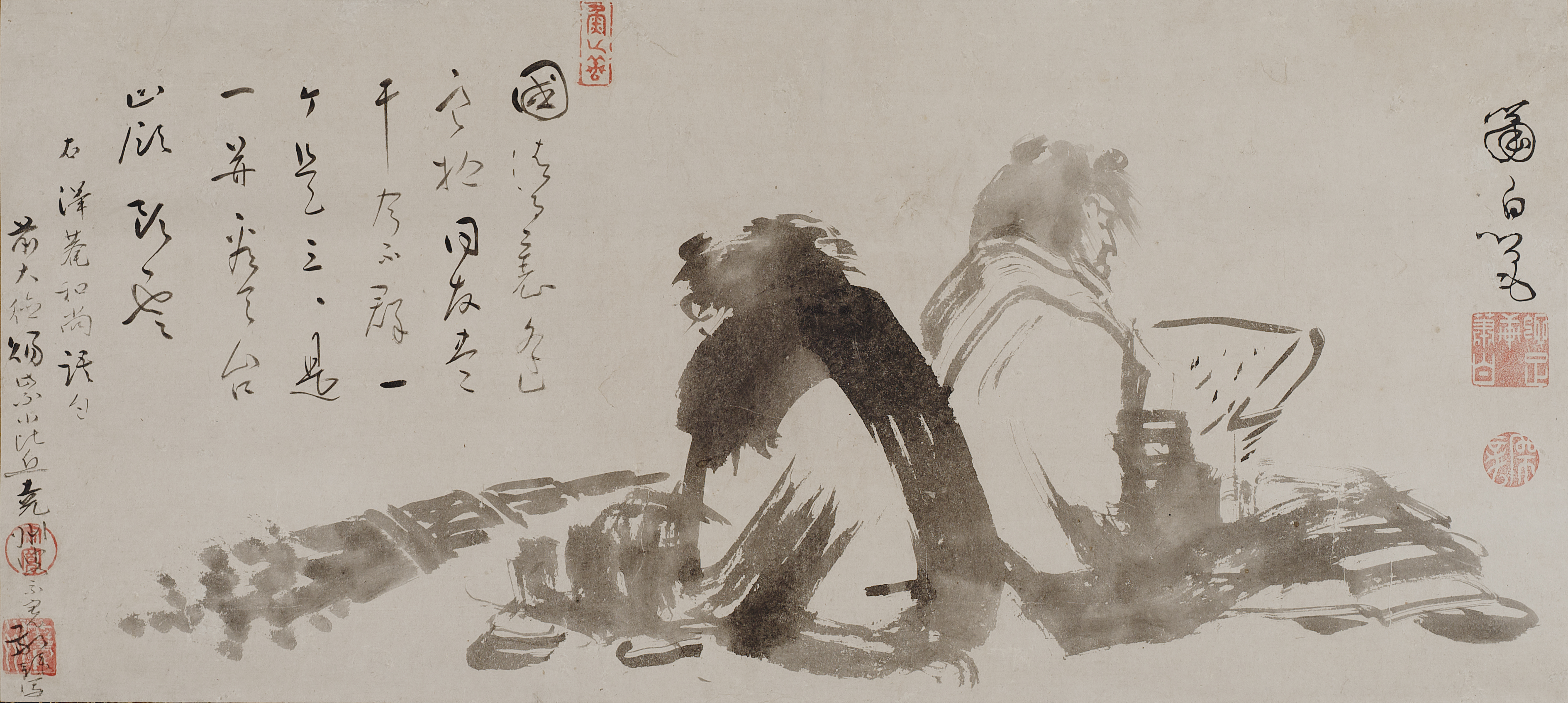A round-up of the best works of art to enter public collections recently
Dia Art Foundation, New York
Sun Tunnels, 1973–76, Nancy Holt
Dia Art Foundation has acquired Nancy Holt’s celebrated Sun Tunnels, a concrete land art installation located in Utah’s Great Desert Basin. This combined gift-purchase is the first piece of land art that Dia has acquired since 1999. It is also the first Holt work sold by the Holt-Smithson Foundation, which was established last year to oversee the estates of Holt and her husband, Robert Smithson.
State Art Collection of Dresden
The Erika and Rolf Hoffmann collection
This major donation of the 1,200-work Hoffmann collection of art contains works spanning 1910 to the present day, by artists including Marcel Broodthaers, Jean-Michel Basquiat, Andy Warhol and Cy Twombly. The collection was begun by Erica and Rolf Hoffmann in the early 1960s; it is one of the largest gifts to the State Art Collection of Dresden (SKD) in its history. The SKD intends to allow all 15 of its constituent museums and collections access to the works, which will also be made available for loan by museums throughout Saxony.
Eva-Maria Stange, Erika Hoffmann and Marion Ackermann with Untitled by Félix González-Torres. Photo: Oliver Killig, 2018; © SKD
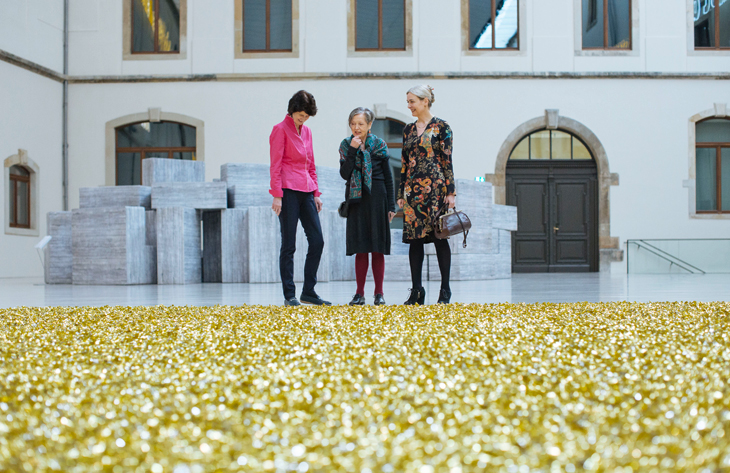
Karlsruhe Museum
Portrait of Madame Paul Girardot de Vermenoux (1764), Jean-Etienne Liotard
The Swiss artist’s largest pastel work on a single piece of vellum has been acquired by the Karlsruhe Museun, in a deal brokered by London-based Liotard specialist Derek Johns. The sitter, Madame de Vermenoux, commissioned the piece as a gift for the Genevan doctor Theodore Tronchin.
Portrait of Madame Paul Girardot de Vermenoux (1764), Jean-Etienne Liotard. Courtesy Derek Johns
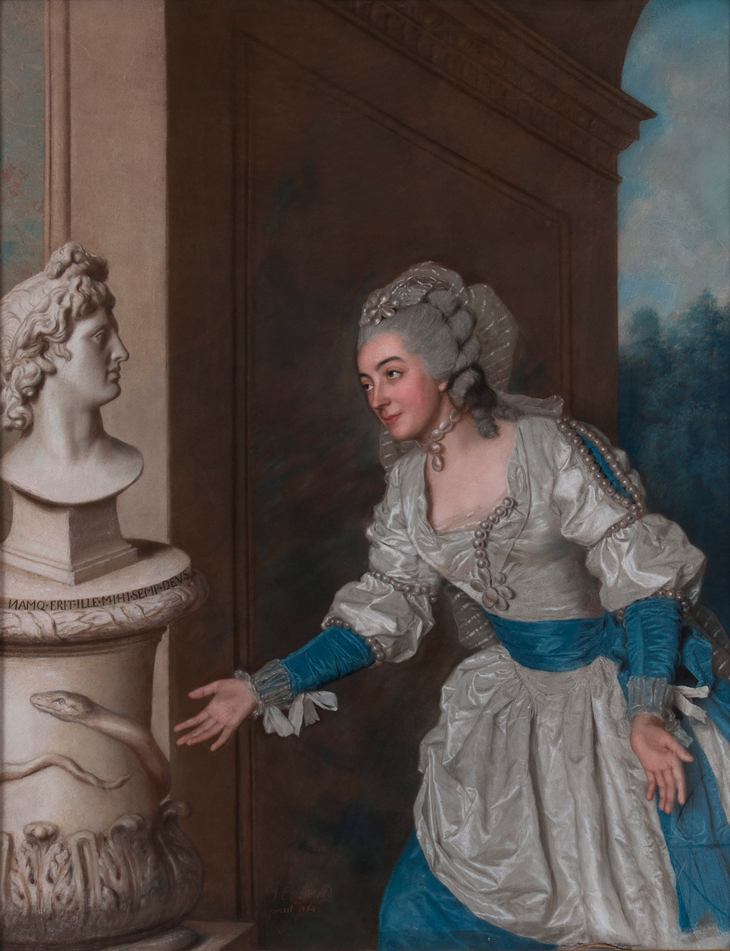
Rijksmuseum, Amsterdam
The Medici Genius (c. 1556), Bartolomeo Ammannati
This red wax statue by Ammannati was a preparatory model for the fountain at the Palazzo Pitti in Florence, commissioned by Cosimo de’ Medici. The work is a rare survival in wax from the Renaissance, owing to the fragility of the medium.
The Medici Genius (c. 1556), Bartolomeo Ammannati. Courtesy Rijksmuseum
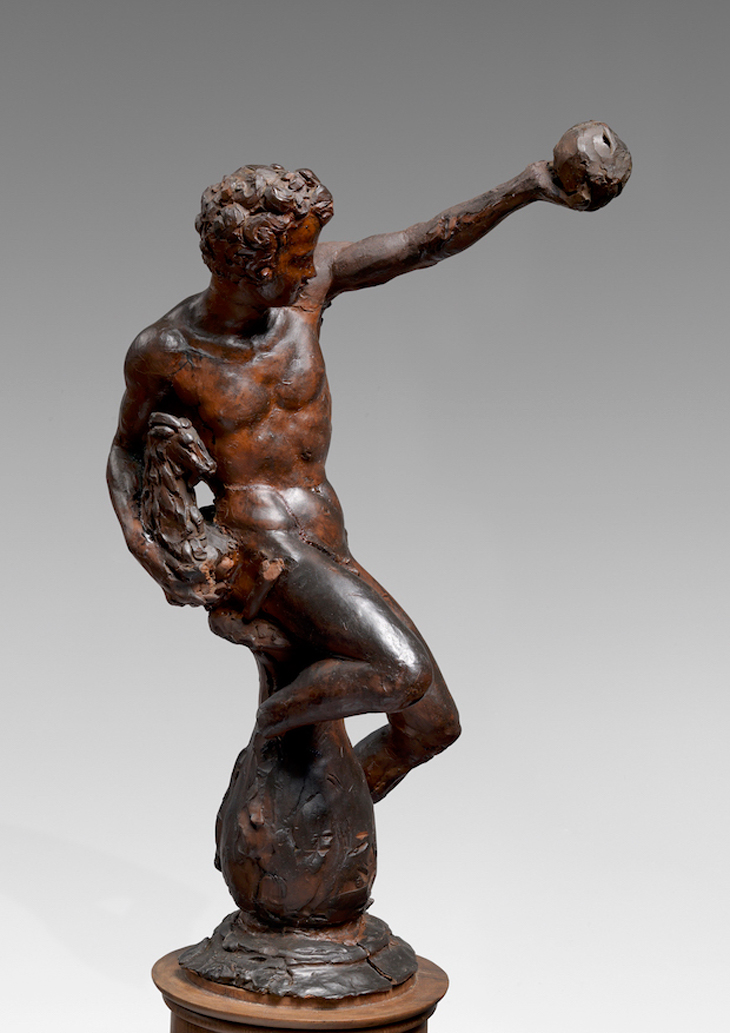
The J. Paul Getty Museum, Los Angeles
Bust of a Young Boy (c. 1460–64), Desiderio da Settignano
This life-sized marble, which depicts a young boy, is one of a group of four known portrait busts of children created by the Florentine sculptor Desiderio da Settignano in the mid 15th century. The work’s provenance can be traced back to 1776 when it was purchased by a British collector from a Florence family.
Detail of Bust of a Young Boy (c. 1460–64), Desiderio da Settignano. Courtesy The J. Paul Getty Museum, Los Angeles
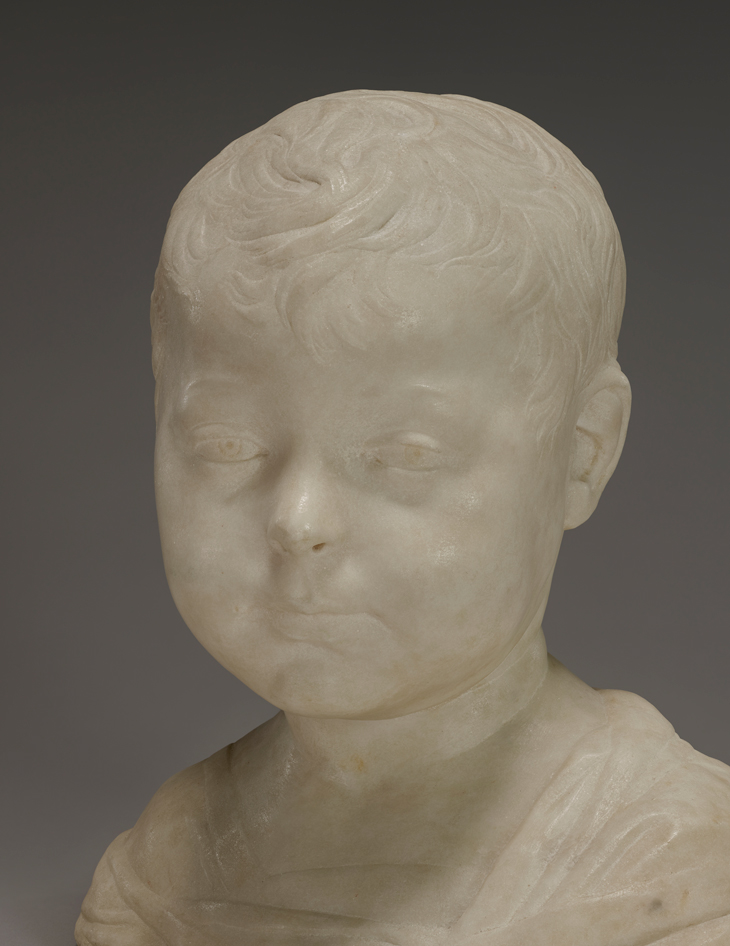
Victoria & Albert Museum, London
Bacchus Triumphant (or Autumn), (c. 1683), workshop of the St Joseph convent in Paris
This 17th-century wall hanging, acquired by the V&A from De Wit Fine Tapestries Belgium at BRAFA, is attributed to the embroidery worship at the St Joseph convent in Paris, where Louis XIV’s mistress, Madame de Montespan, found refuge during her exile from court. Belonging to a series of eight works representing the king, La Montespan, and six of their children, this work depicts the monarch’s second son, Louis-César de Bourbon, Count of Vexin, and joins another piece already owned by the V&A from this series.
Bacchus Triumphant (or Autumn) (c. 1683), workshop of the Saint Joseph convent in Paris. Courtesy De Wit Fine Tapestries.
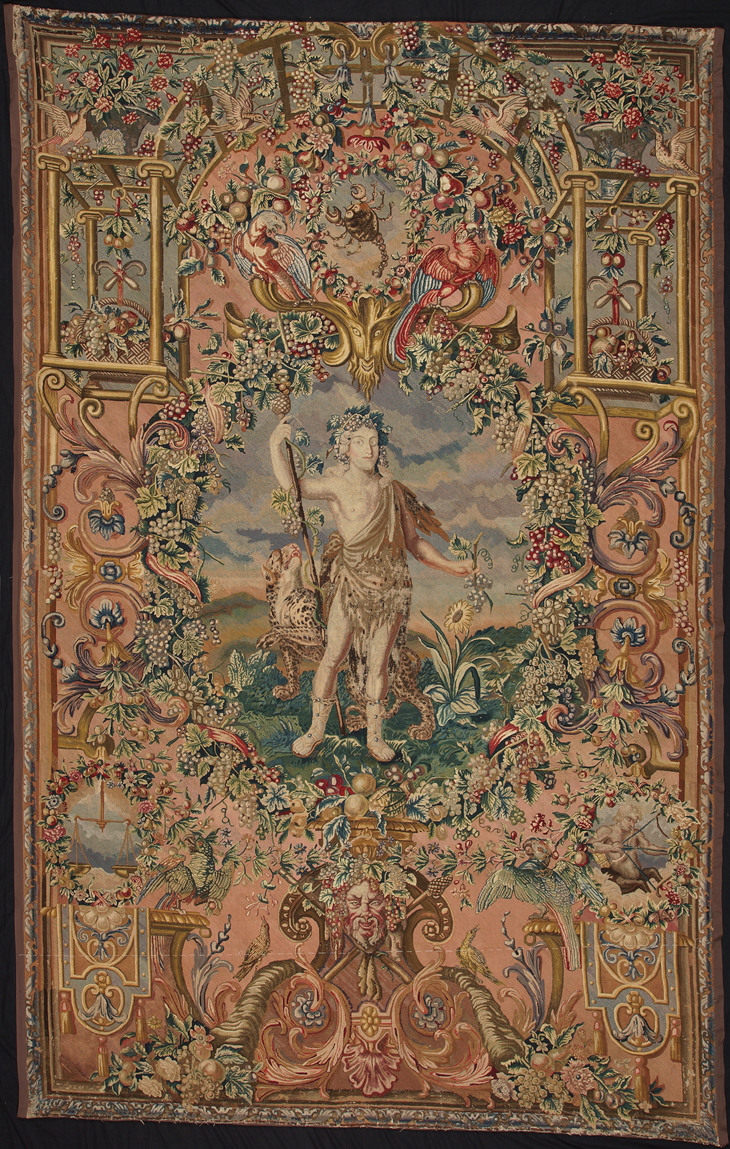
Princeton University Art Museum
16 works from the Gitter-Yelen/Manyo’an Collection of Art
The Princeton University Art Museum has acquired 16 paintings from the Gitter-Yelen collection of Japanese art. The works date from Japan’s Edo period (1615–1868), and include examples from the genres of Literati, Zen, Rinpa and Individualist painting. A number of the paintings will be displayed, alongside works from the museum’s existing collection, in an upcoming exhibition on topography in Japanese painting (‘Painting Place in Japan’, 20 October–24 February 2019).
Kanzan and Jittoku (18th century), Soga Shohaku. Courtesy Princeton University Art Museum
